
As a pediatrician, I spend my days talking with families about their children's health, growth, and development. And inevitably, the conversation turns to nutrition. Parents ask me what their kids should eat, how to handle picky eaters, and whether they're doing enough to set their children up for lifelong health. I want to share something personal that might surprise you: the healthiest I've ever felt in my adult life was during a period when I followed a strict paleo diet. I had more energy, better sleep, clearer thinking, and felt physically strong. The experience taught me firsthand how profoundly food affects how we feel and function.
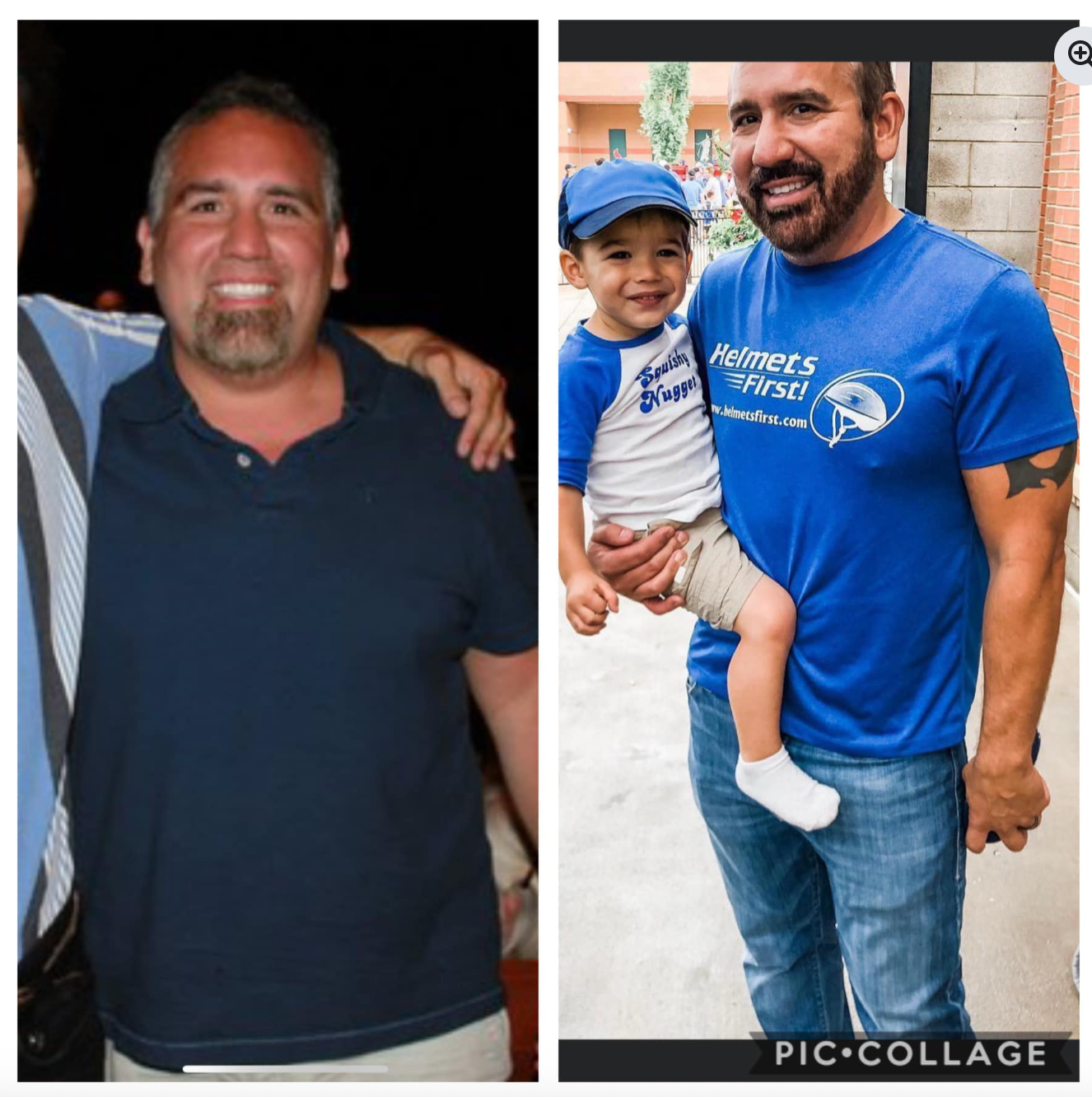
But here's what I learned as both a doctor and a parent: what works in a controlled adult environment doesn't always translate to the beautiful chaos of family life.
The Reality Check
A strict paleo diet meant I was eating whole foods, eliminating processed options, and being incredibly mindful about every meal. But let's be honest about what that actually looked like:
- Extensive meal planning and prep time
- Higher grocery costs
- Limited dining out options
- Significant mental energy devoted to food choices
Now imagine trying to maintain that with kids who have their own preferences, busy school schedules, birthday parties, and the general unpredictability of family life. It's not realistic for most families, and that's perfectly okay.
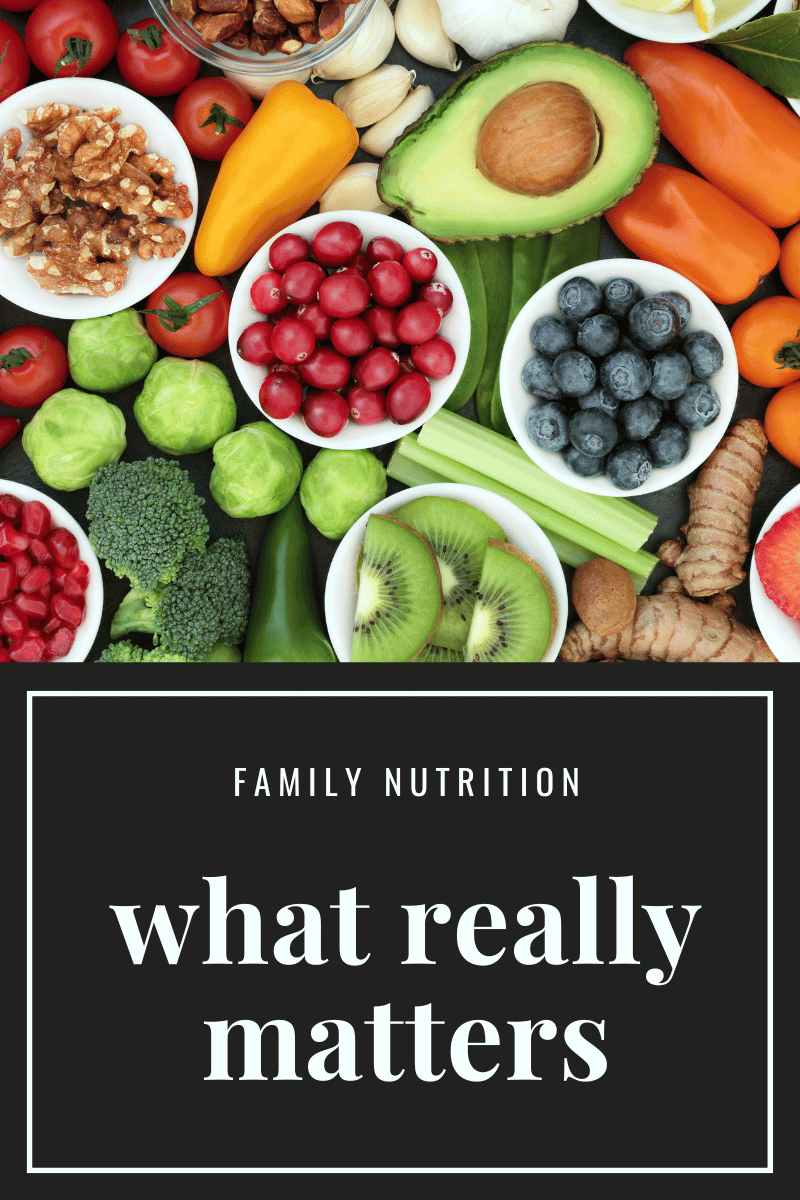
What Really Matters
Instead of focusing on perfect adherence to any particular diet, I encourage families to build on these fundamental principles that can work within any lifestyle: Start with whole foods when possible. This doesn't mean eliminating everything else, but rather making whole foods the foundation. Think fruits, vegetables, whole grains, lean proteins, nuts, and dairy (if tolerated). These foods provide the nutrients growing bodies need most. Focus on addition, not restriction. Instead of constantly saying "no" to foods, focus on adding good ones. Can we add berries to breakfast? Include a vegetable with lunch? Try a new fruit as a snack? This approach builds positive relationships with food rather than fear-based ones. Make it sustainable. The best nutrition plan is one your family can actually follow. If that means some meals come from packages sometimes, that's fine. If it means pizza Friday is sacred in your house, work with it. Consistency with good-enough choices beats perfection that leads to giving up.
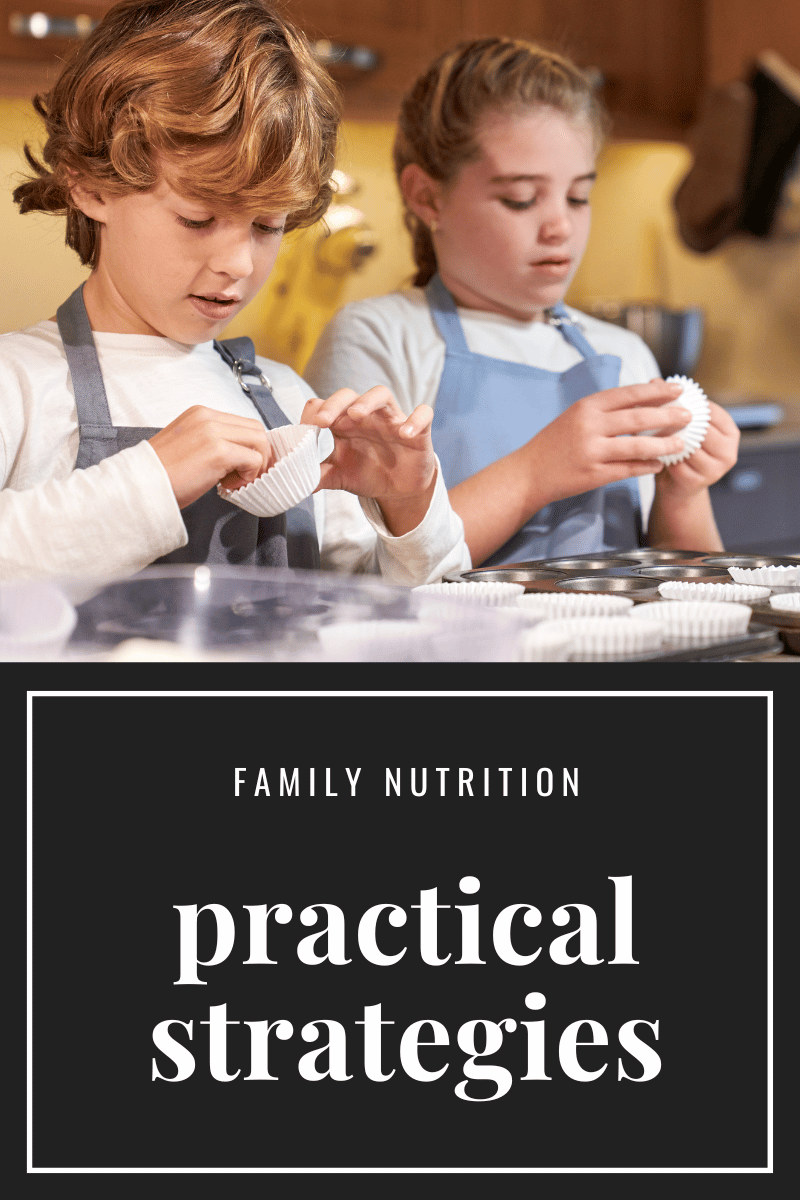
Practical Strategies
The 80/20 approach
Aim for nutritious choices about 80% of the time, and don't stress about the other 20%. This gives you flexibility for real life while maintaining overall healthy patterns.
Involve kids in food preparation.
Children are more likely to try foods they've helped prepare. Even young kids can wash vegetables, mix ingredients, or choose between two healthy options.
Model curiosity, not restriction.
Instead of labeling foods as "good" or "bad," talk about how different foods help our bodies. "This helps our muscles grow strong" or "This gives us energy to play."
Keep trying.
It can take multiple exposures to a new food before children accept it. Don't give up after one "no."
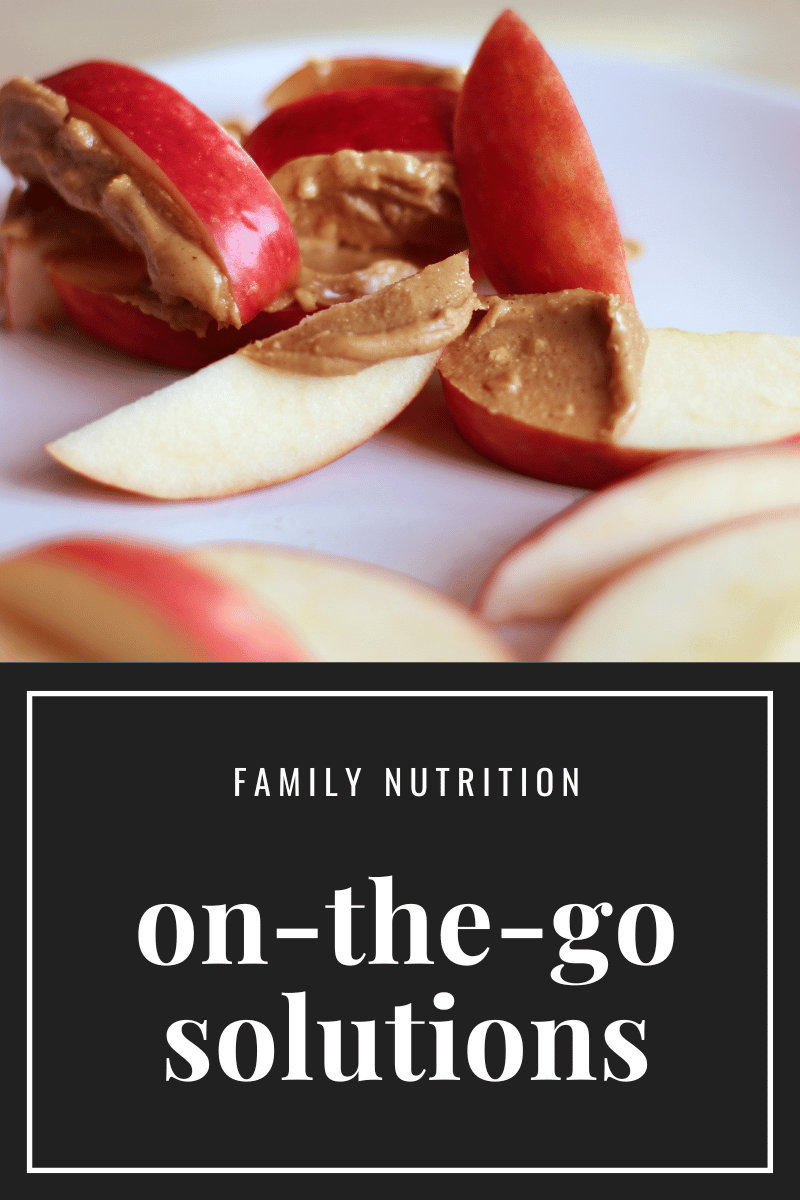
Nutrition for On The Go Families
I know you might be saying “Dr. Joe, I know all this already! Eat whole foods, don’t give up, etc…Just tell me what to feed the kids.” I want to start with on-the-go choices, rather than meal planning because most of us - especially with school age kids - find ourselves packing for sports, activities, playdates, and car trips. Really, any parent knows life is much easier when you've got a snack on hand - just in case. (Sometimes the crisis is the parents being hangry.) Without diving deep into a nutrition course - when we feed our kids (even just snacks) - we should be prioritizing protein, fiber, and healthy fats.
Quick protein + fiber combos:
- Apple slices with almond butter or peanut butter
- Roasted chickpeas
- Hummus with baby carrots or bell pepper strips
- Greek yogurt with berries
- Hard-boiled eggs with nut crackers
- String cheese with grapes
Make-ahead options:
- Smoothie with berries, protein powder, greek yogurt
- Trail mix with nuts, seeds, and dried fruit (watch portions—it's calorie-dense)
- Energy balls made with oats, nut butter, and seeds
- Homemade muffins with added protein powder or ground flaxseed
- Cut vegetables stored in water to stay crisp
- Overnight oats
Store-bought shortcuts that work:
- Individual nut butter packets with fruit
- Tuna or shredded beef pouches
- Nut, cheese, dried fruit packs
- Individually wrapped meat sticks or jerky, or protein bars,
- Unsweetened applesauce pouches paired with nuts or meat sticks
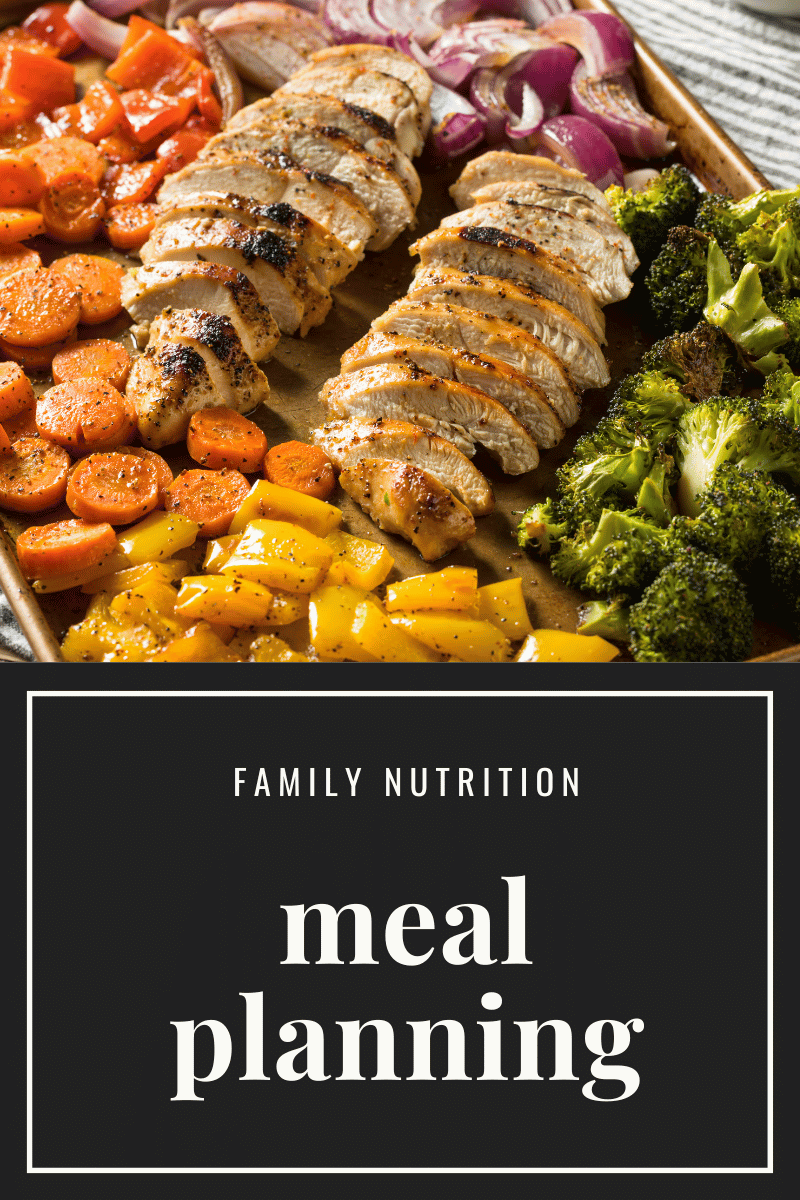
The key is combining macronutrients: pair a carbohydrate (fruit, crackers) with protein (nuts, cheese, yogurt) and you'll have a filling snack that provides steady energy rather than a quick spike and crash.
Real talk about dinners and meal planning
Dinner doesn't have to be complicated to be nourishing. Here are family-friendly meals that take 30 minutes or less and hit those nutritional targets:
One-pan wonders:
- Sheet pan chicken thighs with roasted vegetables (toss everything with olive oil, season, and bake)
- Salmon with sweet potato and broccoli (same method—everything roasts together)
- Ground turkey or beef with your favorite veggies over rice or quinoa
Slow cooker favorites:
- Chicken and vegetable soup with beans (throw ingredients in before work)
- Chili with black beans and vegetables
- Pulled pork or chicken that can be used for tacos, sandwiches, or over salads
15-minute meals:
- Scrambled eggs with sautéed spinach and whole grain toast
- Black bean quesadillas with avocado and salsa
- Pasta with marinara, ground meat, and frozen vegetables mixed in
- Stir-fry with frozen vegetables, protein of choice, and brown rice
Prep-ahead strategies:
- Cook a big batch of quinoa or brown rice on Sunday for the week
- Pre-cut vegetables when you get home from grocery shopping
- Double recipes and freeze half for later
- Keep frozen vegetables on hand—they're just as nutritious as fresh and incredibly convenient
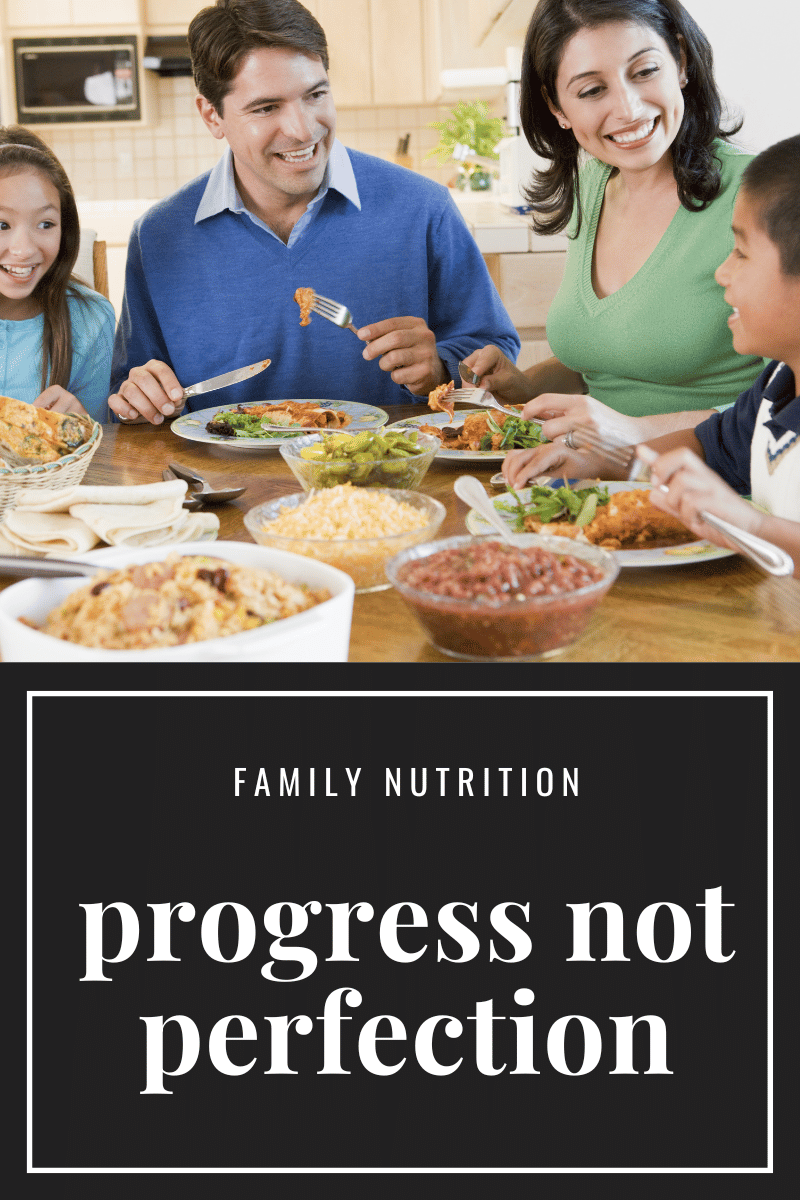
Perfect Nutrition Doesn’t Exit
Perfect nutrition doesn't exist in real family life, and that's not the goal anyway. The goal is raising children who have a healthy relationship with food, understand how nutrition affects how they feel, and have the tools to make good choices most of the time. I learned valuable lessons from my strict Paleo eating experience, but the most important one was this: the best approach is the one that works for your family's unique situation, values, and constraints. Your children don't need perfect nutrition. They need consistent, caring attention to their health, role modeling of balanced choices, and the security of knowing that food is nourishment, not a source of stress or conflict. Focus on progress, not perfection. Celebrate the small wins. And remember that raising healthy kids is about so much more than what's on their plates.
Follow These Creators for More Family Nutrition and Meal Planning
There are a lot of excellent resources out there that cover nutrition and feeding kids of all ages. Here are a few Instagram accounts/websites that I find to be very family friendly:
A dietician and team manage this account and there is an unbelievable amount of excellent free information shared on how to talk to your kids about food at all different ages. There are some paid resources like ebooks and bundles.
This account is a local St. Louis pediatric NP. So, her food finds and tips are from stores that you recognize. Check out her Instagram post from May 25th, 2025 titled Lower Sugar Beach Snacks for an example of her truly helpful content!
This recipe site describes itself as "recipes that require 10 ingredients or less, 1 bowl, or 30 minutes or less to prepare. All eaters are welcome.” You are able to sort by dietary preferences very easily, so it’s handy if you have any allergies to work around.
Yes, I'm Going to Talk About Sleep Again!
My experience with nutrition taught me that health isn't just about what we eat. The three pillars I consistently discuss with families are: Nutrition: Focus on whole foods as the foundation, but keep it realistic and sustainable for your family's life. Movement: Find ways to be active that feel like play rather than exercise. Walk to school when possible, have dance parties in the living room, or explore local parks. Sleep: Prioritize consistent sleep schedules and adequate rest. Growing bodies and brains need quality sleep to function well. These three elements work together synergistically. Good nutrition supports better sleep, adequate sleep makes us more likely to make good food choices, and regular movement improves both sleep quality and appetite regulation.
You might find some of my other blogs helpful:
The Importance of Sufficient Sleep for Children
Summer Wellness for Families
Back to School Wellness

Dr. Joe
Dr. Joe Cangas is a board-certified pediatrician and the sole practitioner at Dr. Joe Concierge Pediatrics. With a deep commitment to providing exceptional care to children and families, he established this practice to deliver personalized, patient-centered medical services tailored to the unique needs of the St. Louis community, all in the comfort and safety of your home. You can contact Dr. Joe by texting 314-472-8333 or filling out this contact form.





